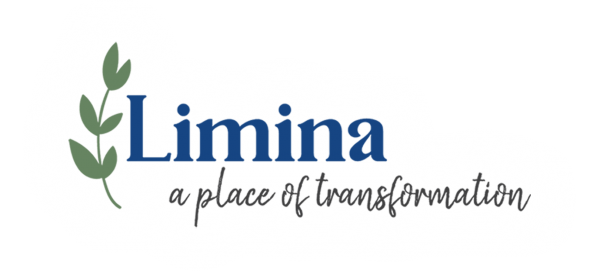“We have got to do our phone number/e-mail exchange this visit,” I said to two of my dearest friends on a recent visit to Arizona. They knew the exchange has to do with ending times for each of us: the time when our kids will need to know who our friends are, the time when we need to be able to reach their kids to tell them that we are either ill or have died. We had discussed this before, but the pandemic had interrupted our plans.
We have been friends for over 20 years, and we know the importance of taking care of this sort of business. We have many conversations about our aging pains, our bodily changes. (As Emerson says, “Nature is so insulting in her hints and notices.”) I love the way my friends and I are both practical about this and how we hold life sacred together, including this phase.
Before the visit was over, we had done all the number exchanges and as one of them said, it felt good to have that done, to know that we can each make a connection when it is needed. Because at this stage of life, we also know that it is a matter of “when,” not “if.”
Our culture has been in a “death denial” frame for many, many years. Aided by a medical system which has encouraged the idea that medicine can take care of everything, many people believe that denial of death puts it off. This avoidant behavior is quite easy to understand as the idea of not being on this earth anymore, the idea of being sick or incapacitated is difficult to think about.
In her book, “Advice for Future Corpses*,” Sallie Tisdale speaks of the “good death.” “Perhaps we can call this a movement; I’m not convinced. I think anxiety about death is a part of being human—Cicero and Darwin and all that. Do we know of a single culture in human history that has not had rituals to manage death and the fear of death? Hiding death isn’t universal; worrying about death may be.”
But here is the thing: we will all die eventually and being able to connect those we love with each other is important; it is profound. It could make the difference of being able to say goodbye at the last minute, particularly in cases of friends far away. It also makes the difference of being able to have our dying managed in the way we wish. Therefore, I am taking the liberty of reminding you of a few other things as well, a kind of checklist to begin to think about:
- Have a Health Care Directive? We all need one and we should be looking at this every few years. As medical technology and our relationships change, we may need to edit our Health Care Directives as well. Is the person you named as your personal representative still someone to whom you are close? If not, appoint another person and make sure they have a copy of your directive. Speaking of copies, spread them out: all your medical providers and close relatives should have one.
- Have you made a will and established beneficiaries for your retirement benefits?
- Do you want to be an organ donor? Please be sure to designate that ahead of time.
- Want to donate your body to science? That has implications both in terms of which institution your body will go to but also the disposition of it after the research has been completed (which could be months later)
- Are you going to be cremated? If that is a preference, you need to let that be known. Some people pay for this service ahead of time. If you have concerns about the carbon implications for cremation (and that is real!), consider water cremation instead.
- Want to be buried but not embalmed? Say so. There is no legal requirement that a person be embalmed. Embalming is toxic to the body and to the earth; you might want to do some research on that. There are emerging developments around green burial and such innovations as human composting.
- What rituals/religious or otherwise, do you want to have as a part of your dying? Who gets to get to be there, and just as important–with respect–who do you not want to have there?
- Are there personal items you want to give to specific people? Make a list. You can change it; it is a gift to your loved ones for them to have that list when you die. Or better yet, give the item to the person; you can tell them the story of why you want them to have it. They will never forget that!
Birth and death are the only things we must do as humans, and they are the only things we cannot practice. I think that’s part of the reason we have so much fear about death. That said, it is in the awareness of death by which we can have the richness of life now, today. Treasuring each moment. I wish that for all of us.
